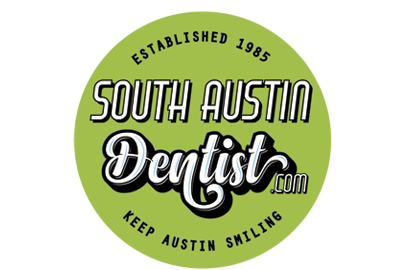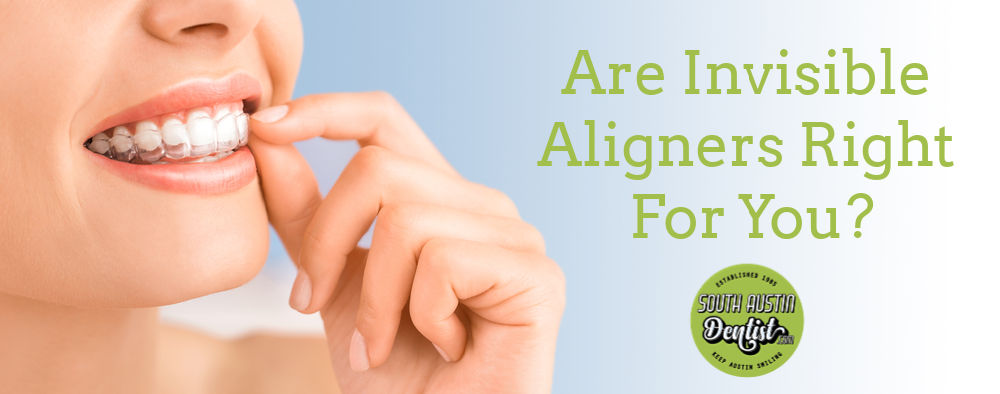
THERE ARE SO MANY things that can make us smile, from seeing an old friend to watching a good movie to randomly remembering a great joke we heard years ago. Well, we’re about to give you another reason to smile: it’s good for your health! That’s right, smiling has actual health benefits, so prepare to flash those pearly whites as you read all about them!
Smiling And The Feel-Good Hormone
When we smile, it triggers a chemical reaction in our bodies: the release of endorphins. Endorphins are natural hormones that inhibit pain and produce feelings of euphoria. We get them after a good workout, and we also get them when we’re happy. What’s really cool is that our brains associate smiling with happiness so strongly that even a fake smile will trigger that endorphin release. So if you get injured, take advantage of this trick to reduce your pain levels!
Smile To Reduce Your Stress
Another benefit of endorphins released by smiling is that they help relieve stress. When we become stressed, our heart rate increases. Smiling (fake or real) has been proven to bring heart rates back down more quickly and lower blood pressure.
A study from 2012 involved giving subjects a stressful task to complete. One group had to complete the task while clamping a pencil between their teeth, forcing them to smile the whole time. The other group had to grip the pencil between their lips, forcing them to maintain a more neutral face. Those with the larges smiles returned to their resting heart rates the fastest!
Strengthen Your Immune System With Smiles
The more endorphins we get from smiling and the more we reduce our stress, the easier it is for our immune systems to keep us healthy. Our cells become less rigid when we are less stressed, and this makes quicker paths for our immune response cells to react to pathogens and other threats to our health. It can even lower our chances of getting cancer by reducing the number of stress-induced mutations in our cells!
The cumulative effect of all of this is that we can even add years to our lives by smiling! So get started earning those laughter lines!
Bonus Benefit Of Smiling: Productivity Boost!
When we are in a good mood, we tend to get more done. And because we can actually make ourselves feel better just by the physical act of smiling, we can improve our productivity at work by smiling more! Your coworkers could even catch the smiling bug, because we all know how contagious smiles are!
Let Us Give You Reasons To Smile
Even with all these benefits, it can be difficult to smile with confidence without healthy teeth and gums. Make sure to maintain those good brushing and flossing habits to keep your smile in good shape, and visit your dentist twice a year for a deep-clean and to stop any dental problems in their tracks!
We love seeing our patients’ smiles!
**The content on this blog is not intended to be a substitute for professional medical advice, diagnosis, or treatment. Always seek the advice of qualified health providers with questions you may have regarding medical conditions.
















